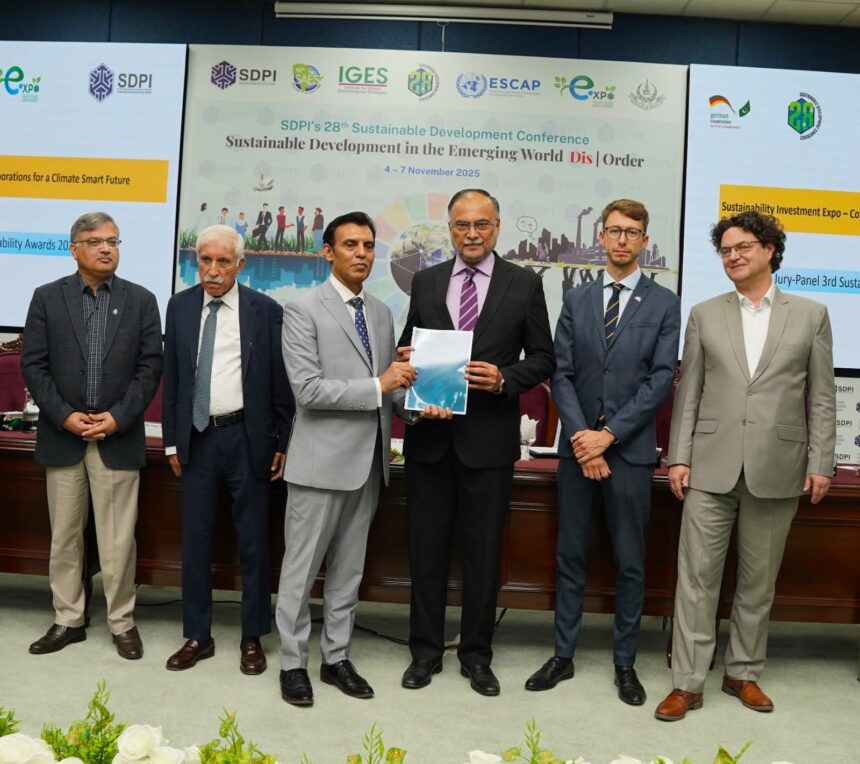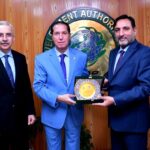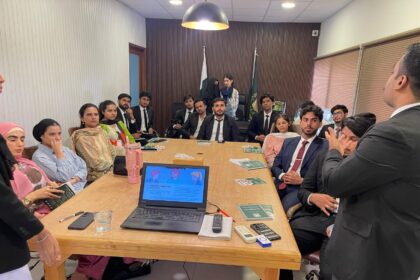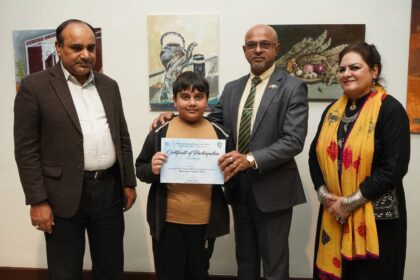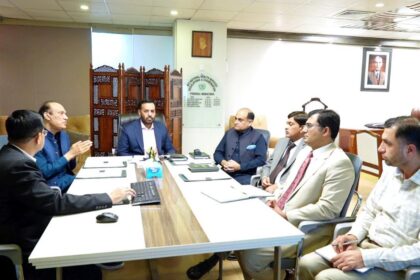Speaking at the 28th Sustainable Development Conference in Islamabad, Professor Ahsan Iqbal urged world leaders to negotiate a new global development pact grounded in fair economic growth, environmental justice and cooperation rather than confrontation. Citing the United Nations SDGs 2024 report, he warned that only 17 percent of targets are currently on track while more than half face delays, a trend that places disproportionate pressure on developing countries.
Professor Iqbal noted that a large share of emerging economies’ budgets is being channelled into debt servicing, undermining spending on education and health. He cautioned that without a refreshed international financial framework, the sustainable development goals risk becoming a mirage for the Global South, calling for concrete measures to alleviate the debt burden and reorient financing toward human development.
The minister highlighted Pakistan’s national response, saying the government has launched a comprehensive framework under Udaan Pakistan to transform the economy into a one trillion dollar market by 2035. The plan rests on five pillars: exports-led growth, e-Pakistan and digital transformation, environmental sustainability, modernization of energy and infrastructure, and an equitable, empowered future.
As part of this vision, the government is committed to enrolling more than 25 million children in schools, expanding primary health services and empowering women to address the challenge of unchecked population growth. Professor Iqbal framed these domestic priorities as complementary to the call for a new global compact that would permit developing countries greater policy space and access to sustainable finance.
He urged cooperation among developing nations on practical fronts such as exchanging disaster data, trading clean energy technologies, jointly investing in green infrastructure and promoting youth-driven innovation. Emphasising that unity is the best defence in an era of geopolitical tensions, Professor Iqbal said a coordinated approach would strengthen resilience and accelerate progress toward the SDGs.
Throughout his remarks he returned to the need for a global development pact that balances economic fairness with environmental responsibility, arguing that international solidarity and policy reform are essential if sustainable development is to be realised for southern nations.




